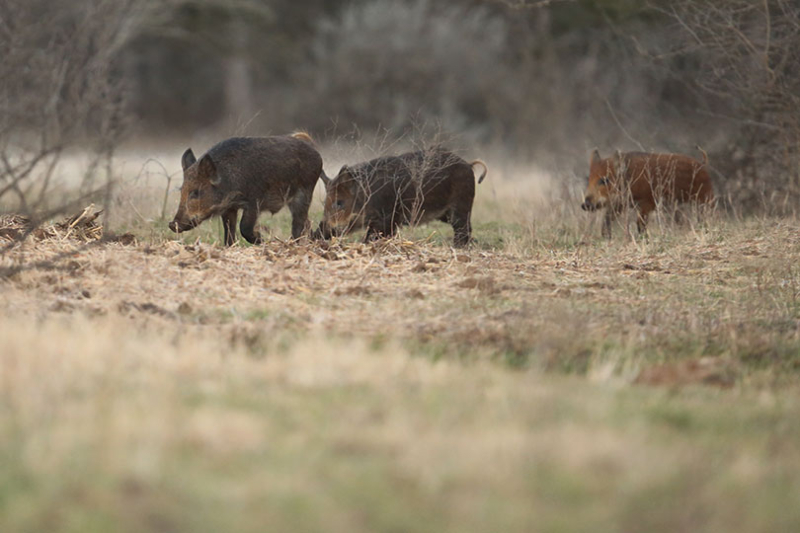By Shelby Shank
Field Editor
Scientists are assessing a tick’s potential to spread African swine fever (ASF) in the Southern U.S.
To prevent the spread of the virus in Texas and the Southern U.S., Texas A&M AgriLife Research is leading a multi-institutional research project that evaluates the potential, or vector competency, of a southern Ornithodoros turicata tick to transmit the disease.
The nearly $1.5 million project is supported by the U.S. Department of Homeland Security (DHS) Science and Technology Directorate through Cross-Border Threat Screening and Supply Chain Defense, a DHS Center of Excellence within AgriLife Research.
The project aims to fill critical knowledge gaps in the vector competency of ticks in the U.S. and provides an early step toward research-based solutions to keep ASF out of Texas and the Southern U.S.
“These ticks are in several southern states and are common in Texas,” said Dr. Meriam Saleh, clinical assistant professor in the Texas A&M College of Veterinary Medicine and Biomedical Sciences. “Laboratory studies using a subspecies of these ticks, which originated in Florida, demonstrated high vector competency for ASF to pigs. Our research aims to confirm whether the Texas ticks carry the same ability to transmit the disease.”
The research team will study the biology and transmissibility of different ASF strains and genotypes in ticks. They will also investigate the ability of other species to host or spread ASF from ticks.
Several species of Ornithodoros ticks in North America have shown the ability to transmit ASF to swine in laboratory settings.
ASF is a tick-borne DNA virus that origninated in Africa, where Ornithodoros moubata ticks persist in a continuous cycle with wild warthogs.
In Texas, the challenges include the presence of potential tick vectors, an expanding feral swine population, suitable habitats for ticks and feral swine, commercial swine operations and the U.S. border with Mexico, among others.
In Texas, feral pigs outnumber domestic swine to at least 3-to-1, according to the Texas Pork Producers Association.
The U.S. Department of Agriculture Animal and Plant Health Inspection Service estimates that an ASF outbreak in the U.S. would devastate the pork industry, causing a 50% drop in hog prices, halting pork and pork products exports, leading a significant job loss and animal culling.


Leave A Comment